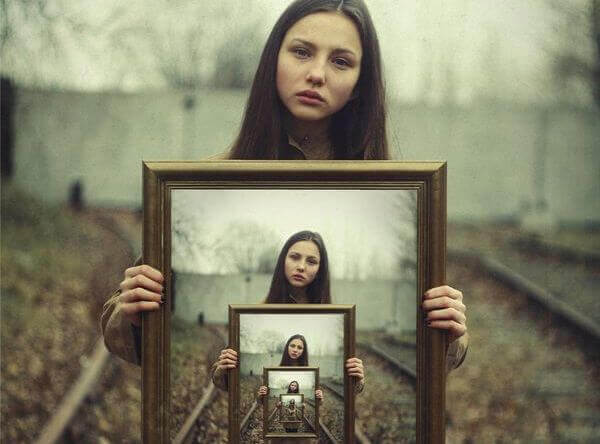When someone defines themselves, they usually start by saying “I am. “Am I a psychologist, a cook, a loving, moody person?But that’s not true, no one is essentially nothing but a person. forget other aspects of themselves.
No one is totally a psychologist, not completely a cook, affectionate or in a bad mood. These are just particular characteristics that develop over time in our lives, but they’re not supposed to define us.
- Is it much more accurate to say that? Sometimes I practice psychology.
- Sometimes I know how to prepare a good dish.
- Sometimes I show that I am affectionate and from time to time I behave like a person in a bad mood?.
In this way, we present ourselves globally as if the part of us we are talking about constitutes our complete ‘I’, when in reality they are only parts of our person as a whole, which is much more complex.
Dr. Albert Ellis, father of rational emotional therapy, taught us that it is better to use the verb have on the verb being, which involves evaluating particular behaviors or concrete actions of people, but not of the person as a whole.
Who will feel worse about himself? Clearly, those who self-evaluate globally will have much lower self-esteem than those who are aware that a certain attitude, quality or position does not define them as human beings.
Ellis’ unconditional acceptance means that human beings do not fall into the trap of defining themselves in terms of external, superfluous or perishable characteristics, such as physics, fame, success, money, or social status.
According to Ellis, all human beings have the same value, regardless of our qualities or defects, because it is impossible to calculate the value of one person, there is no rule to measure it, although, unfortunately, our culture states that one person is worth more or less than the other based on certain characteristics or possessions.
Does this only lead us to make absurd comparisons with others, which leads to our self-esteem and makes our happiness based on what we have or not?We could list several diseases related to this lack of unconditional acceptance.
Imagine the case where someone is compared to another because that person has had much more professional success than the first, this person attaches so much importance to professional success that it defines it completely, even if it is only a small area of their life.
If we ask, we will certainly find irrational thoughts, such as: “I am useless”, “I will never make it”, “I am useless because I am not someone in life”, etc.
The same would not have happened if he had accepted himself without this condition, that is, if his thoughts had been more rational, not positive: “I have not accomplished this feat, but do I have other important things in life?”, “Just because I do better does not mean that I am useless?”, “My value as a person is not based on professional success”.
To achieve a good unconditional acceptance of yourself, you must also accept others unconditionally. The secret is not to exalt or degrade who we find ourselves: someone un appealing, someone very intelligent, someone famous or the local beggar, all have the same value.
Some strategies you can implement with others are: not being so demanding and wanting to change the other person; forgive and understand that we all sometimes make mistakes; not to judge others in global terms, only that specific behavior that affected us; and they love people because they’re human like us.
These techniques will have a positive impact on you, because you will create the habit of unconditional acceptance and you will not be so demanding with others, with yourself or with life in general, which generates many more emotions. Healthy. And remember that what defines you is not who you have, but who you are.

